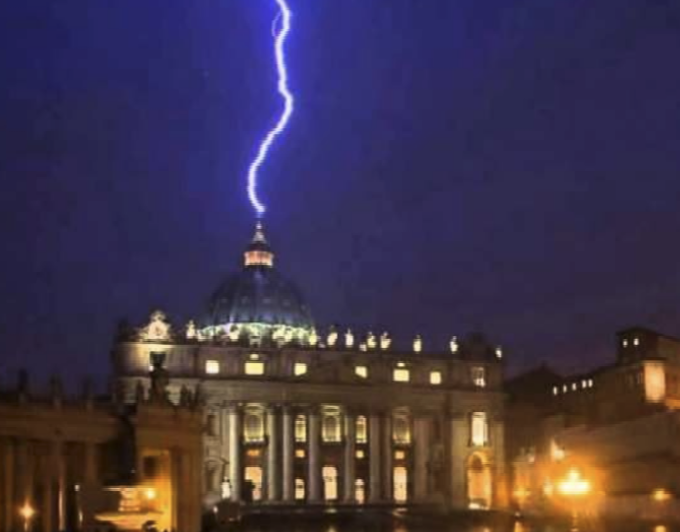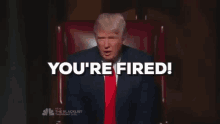When it comes to religion news, what ultimately mattered in 2023?
Colleagues in the Religion News Association (RNA) divided their annual choices of the year's top stories into two categories. Incidents of hatred against Jews and Muslims ranked number one in U.S. matters, while the related Israel-Hamas war led international items. Thirdly, Pope Francis was deemed the year’s top newsmaker in religion for the fourth time.
It’s hard to argue against the two top stories, but The Guy observes that we have no idea whether U.S. hatreds are a temporary sickness that will subside, or whether anything can really alter the essential questions in the decades-long Mideast conflict. Thus, The Guy leans toward the importance of permanent changes in direction as depicted below.
he results of the RNA members’ poll were released just before Monday’s revolutionary “declaration” from the Vatican’s doctrine agency, following frequent nudges from Pope Francis, that lets priests provide blessing ceremonies for same-sex couples and for Catholics in “irregular” situations, presumably meaning those divorced and remarried.
The Church of England’s parallel approval for same-sex blessings, implemented the day before the new Vatican edict, gravely worsened this year’s split over marriage and sexuality among Anglicans worldwide, a divide that has been widening for decades.
Several important stories are ongoing and we cannot yet judge their long-term import.










